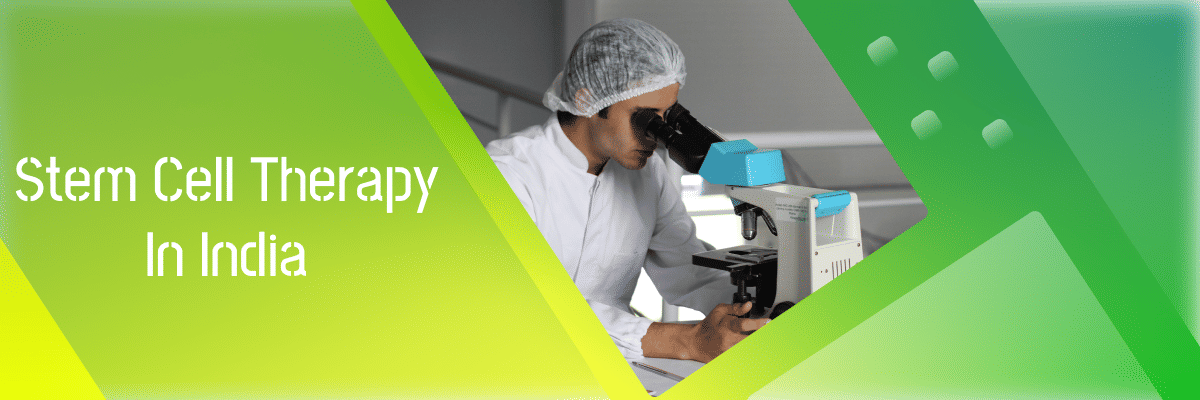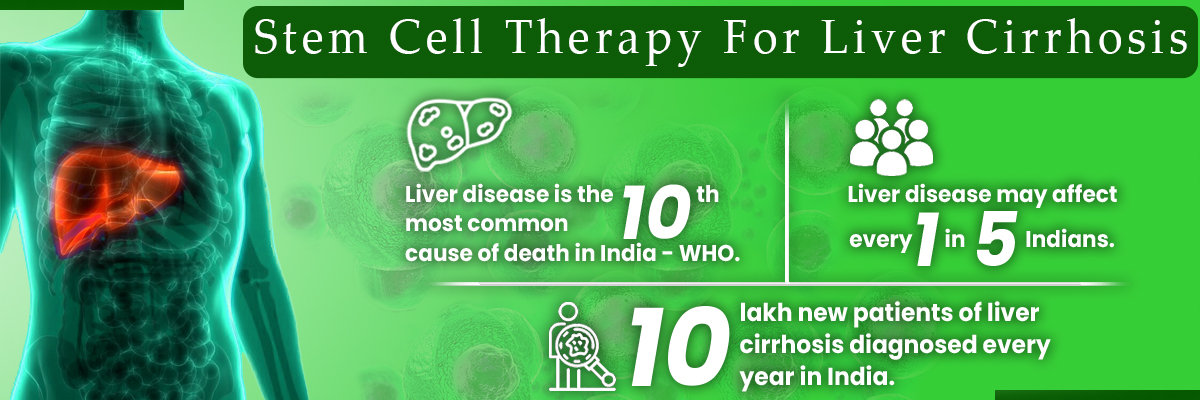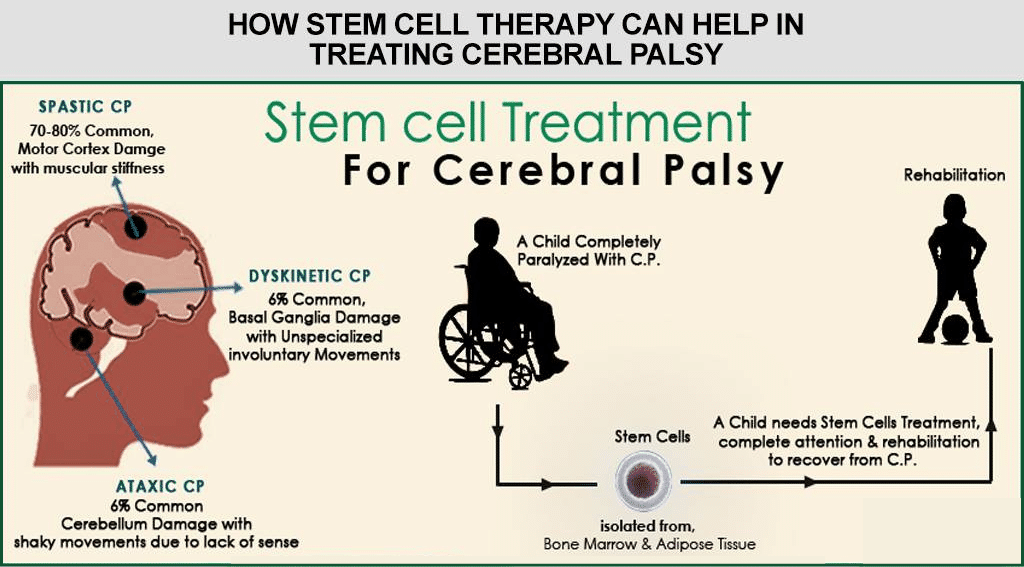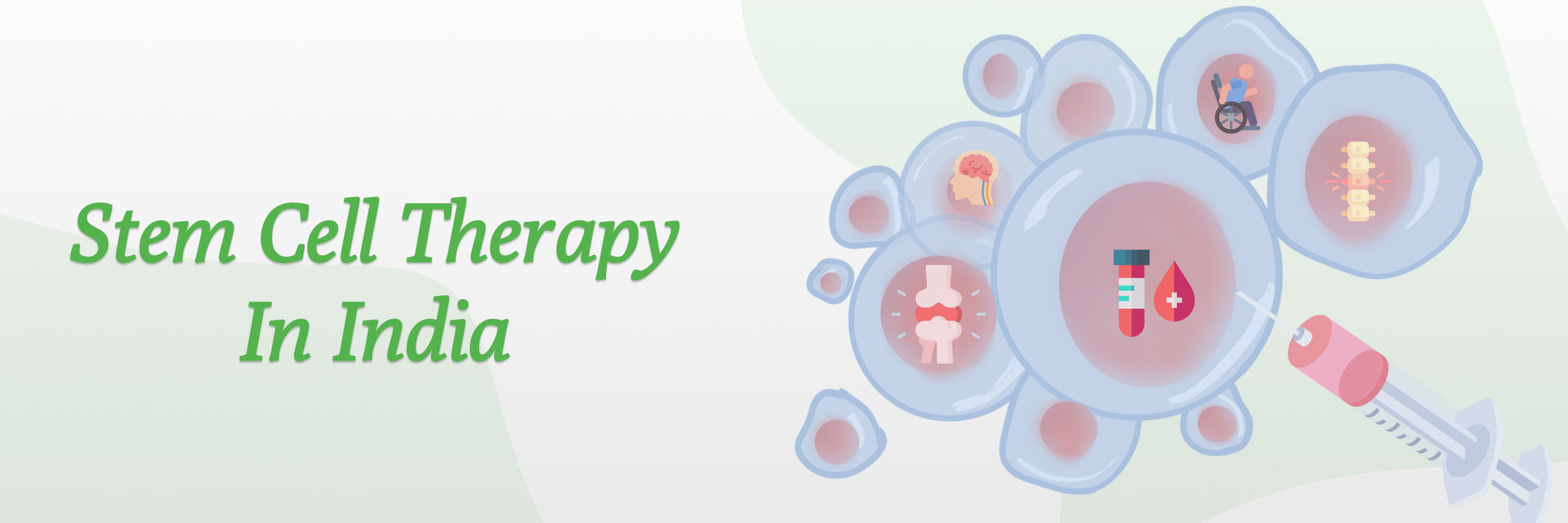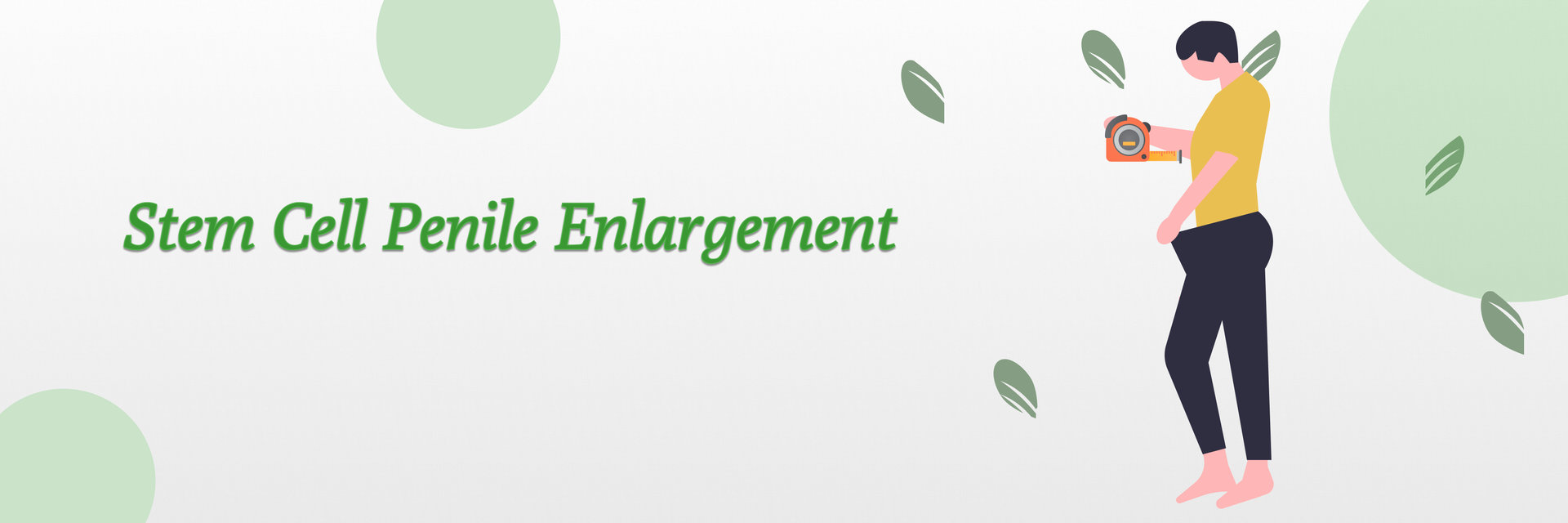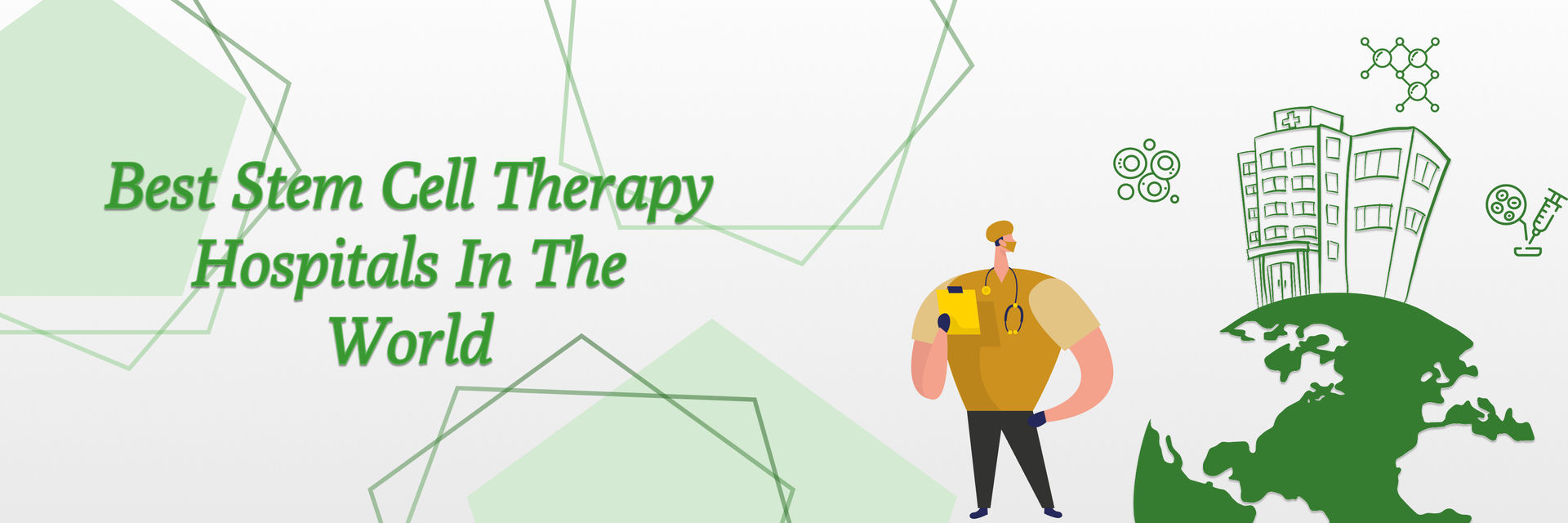Overview
Did you know Chronic Kidney Disease (CKD) affects over 850 million people worldwide?
CKD leads to a gradual loss of kidney function due to conditions like diabetes and high blood pressure. Despite treatments like dialysis and kidney transplants, many patients still face significant challenges and limited options.
However, stem cell therapy offers a promising solution by repairing and regenerating damaged kidney tissue, addressing the root cause of CKD. This blog explores the latest advancements in stem cell therapy for CKD, highlighting its potential to revolutionize kidney care and improve the quality of life for patients suffering from this debilitating condition.
Dr. Pradeep Mahajan, founder of StemRx Bioscience Solutions and a pioneer in stem cell therapy, advocates for the future of regenerative medicine. He emphasizes the immense potential of stem cell therapy to treat various diseases, noting that continued research and development will be key to overcoming current limitations and making these therapies more accessible to patients worldwide.
Understanding Chronic Kidney Disease
What is Chronic Kidney Disease (CKD)?
Let's break it down: CKD is a long-term condition where the kidneys slowly lose their ability to function. This means they can't filter blood effectively, leading to waste buildup in the body.
Why is CKD significant?
It's crucial because, if left untreated, CKD can progress to kidney failure, which requires dialysis or a kidney transplant for survival.
Common Causes of CKD:
- Diabetes: High blood sugar can damage blood vessels in the kidneys.
- High Blood Pressure: Can damage kidney arteries over time.
- Glomerulonephritis: Inflammation of the kidney's filtering units.
- Polycystic Kidney Disease: A genetic disorder causing cysts in the kidneys.
Stages of CKD:
CKD progresses through five stages based on the glomerular filtration rate (GFR):
- Stage 1: Kidney damage with normal GFR (90+)
- Stage 2: Mild reduction in GFR (60-89)
- Stage 3: Moderate reduction in GFR (30-59)
- Stage 4: Severe reduction in GFR (15-29)
- Stage 5: Kidney failure (GFR <15)
Risk Factors:
- Age: Risk increases with age.
- Family History: Genetic predisposition plays a role.
- Ethnicity: Higher risk in African, Hispanic, Asian, and Native American populations.
- Lifestyle Factors: Smoking, obesity, and poor diet can contribute.
Contact us today and understand your risk and take steps to protect your kidneys today!
Introduction to Stem Cell Therapy

What Are Stem Cells?
Stem cells are unique cells with the remarkable ability to develop into many different cell types in the body. They can divide and renew themselves, making them a powerful tool for repairing damaged tissues and organs.
Different Types of Stem Cells
Embryonic Stem Cells:
- Derived from early-stage embryos.
- It can become any cell type in the body (pluripotent).
- Ethical considerations limit their use.
Adult Stem Cells:
- It is found in various tissues like bone marrow and fat.
- It can become a limited range of cells related to their tissue of origin (multipotent).
- Commonly used in treatments due to fewer ethical concerns.
Induced Pluripotent Stem Cells (iPSCs):
- Created by reprogramming adult cells to behave like embryonic stem cells.
- It can become any cell type in the body (pluripotent).
- Bypass ethical issues associated with embryonic stem cells.
Stem Cell Treatment for CKD
How Stem Cells Can Repair Kidney Damage
Stem cells can transform into specialized kidney cells, helping to repair damaged tissues and restore kidney function. They reduce inflammation and promote regeneration by releasing growth factors and other healing molecules.
Types of Stem Cell Therapies Used in CKD
- Mesenchymal Stem Cells (MSCs):
- Derived from bone marrow, fat, and other tissues.
- They are known for their anti-inflammatory and regenerative properties.
- Hematopoietic Stem Cells:
- Found in bone marrow and blood.
- Primarily used in blood-related conditions but shows promise in kidney repair.
Methods of Administration
- Intravenous (IV):
- Stem cells are injected into the bloodstream.
- They travel to the kidneys, where they begin the repair process.
- Intrarenal:
- Directly injected into the kidney.
- Ensures a higher concentration of stem cells at the site of damage.
Clinical Studies and Research

- Key Clinical Trials and Studies
Recent studies have shown promising results in using stem cell therapy for CKD. For instance, a 2020 study published in the Journal of Clinical Medicine reported significant improvement in kidney function among CKD patients treated with mesenchymal stem cells. Another trial highlighted the safety and efficacy of intravenous MSC therapy, with patients showing reduced inflammation and improved kidney markers.
- Notable Success Stories and Patient Outcomes
Many patients have experienced positive outcomes. For example, in a clinical trial, a patient with advanced CKD showed remarkable improvement in kidney function after receiving stem cell therapy. These success stories highlight the potential of stem cells to transform CKD treatment.
- Challenges and Limitations
Despite the promise, there are challenges. The variability in stem cell sources and patient responses can affect outcomes. Additionally, long-term effects and potential risks, such as immune reactions, need further study. Regulatory hurdles and the high cost of therapy also pose significant challenges.
Stay updated on the latest advancements in CKD treatment and explore stem cell therapy options—Contact us today!
Benefits of Stem Cell Therapy for CKD

- Potential to Regenerate Damaged Kidney Tissues
Imagine your kidneys getting a fresh start. Stem cells can transform into new, healthy kidney cells, repairing and regenerating damaged tissues. This can help restore kidney function and improve overall health.
- Reduction in Inflammation and Fibrosis
Inflammation and scarring (fibrosis) are major issues in CKD. Stem cells have powerful anti-inflammatory properties that can reduce inflammation and prevent fibrosis, helping to preserve kidney function for longer.
- Improvement in Kidney Function and Delay in Disease Progression
Stem cell therapy can improve kidney function by promoting tissue repair and reducing inflammation. Patients may experience better filtration rates and slower disease progression, enhancing their quality of life and reducing the need for dialysis or transplant.
Risks and Considerations
- Possible Side Effects and Complications
Like any medical treatment, stem cell therapy comes with risks. Patients might experience immune reactions, infections, unwanted tissue growth, or problems with conception. Close monitoring and advanced techniques help minimize these risks.
- Ethical Considerations in Stem Cell Research
Stem cell therapy, especially involving embryonic stem cells, raises ethical questions. Using adult and induced pluripotent stem cells helps address some concerns, but ongoing ethical debates highlight the need for careful consideration and regulation.
- Regulatory and Approval Status
Stem cell therapies are still being rigorously studied and regulated. While some treatments have shown promise in clinical trials, they may not yet be widely approved. Patients should seek treatments from reputable providers and stay informed about the latest regulatory updates.
Conclusion
Stem cell therapy shows promising potential for treating CKD by regenerating damaged tissues and improving kidney function. Continued research is vital to refine these treatments and ensure their safety and effectiveness. Patients should discuss innovative options like stem cell therapy with their healthcare providers to make informed decisions about their care.
Reference
https://www.stemcellcareindia.com/diseases/stem-cell-treatment-for-kidney-disorder-india/
